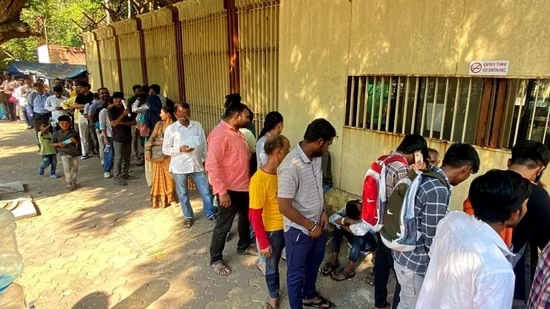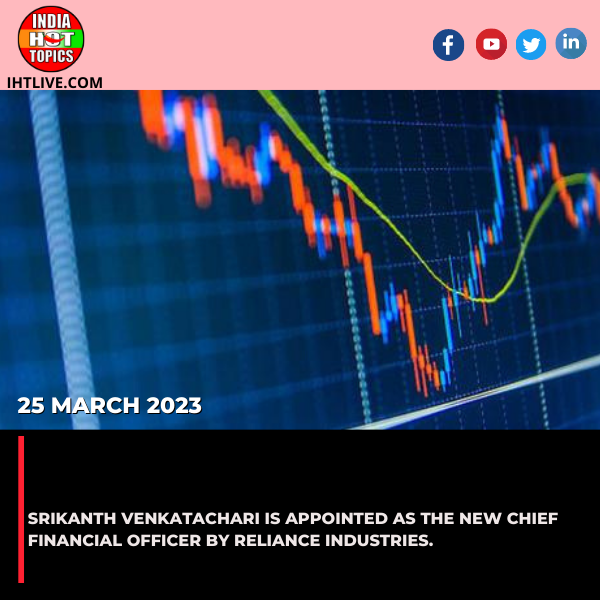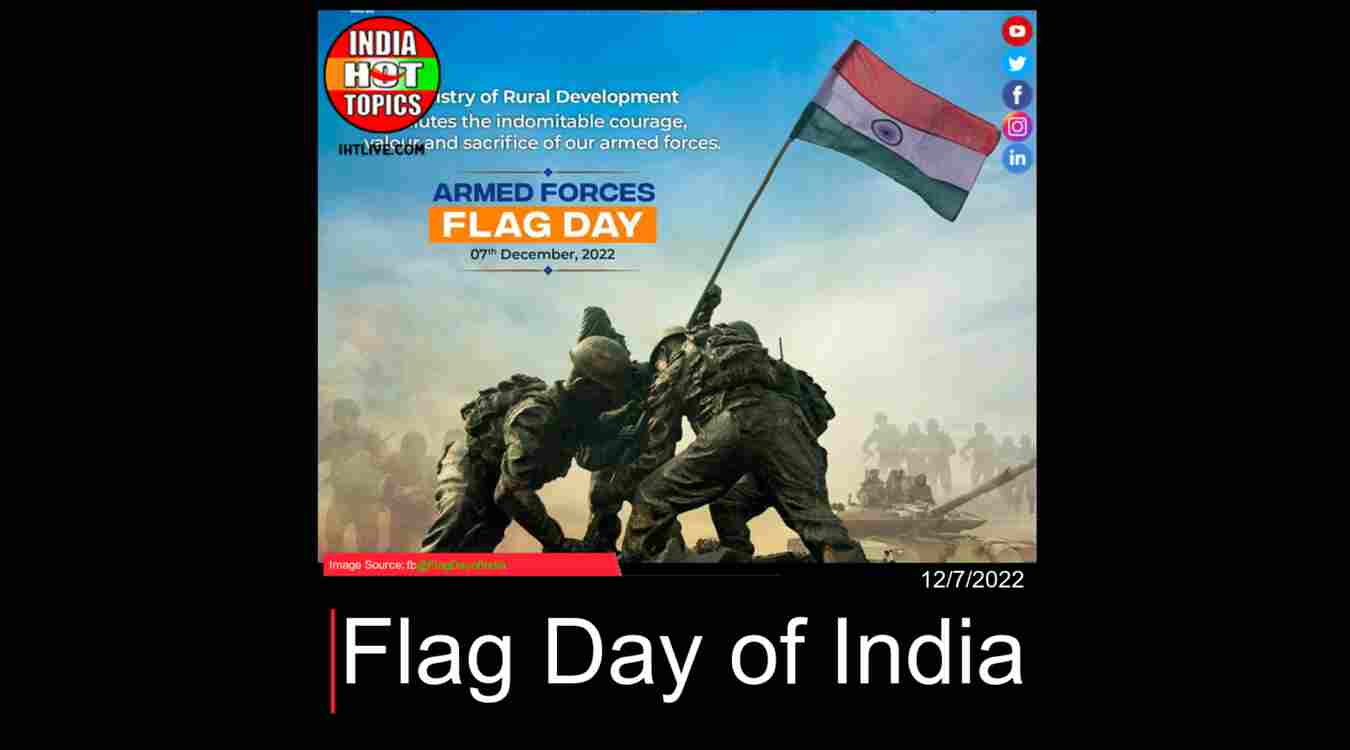Delhi NCR
Delhi HC creates a commission to perform unexpected inspections of Tihar jail’s food and sanitation
.jpg)
Title: Delhi HC Creates a Commission to Perform Unexpected Inspections of Tihar Jail’s Food and Sanitation
Introduction
In a significant move aimed at ensuring the well-being and rights of inmates, the Delhi High Court has established a commission tasked with conducting surprise inspections of food quality and sanitation conditions within Tihar Jail, one of India’s largest correctional facilities. This development comes as a response to concerns raised regarding the living conditions and treatment of prisoners. By prioritizing transparency and accountability, the court’s decision highlights the commitment to upholding human rights and improving the overall functioning of the prison system. In this blog post, we will explore the implications of the Delhi High Court’s decision and its potential impact on Tihar Jail’s food and sanitation standards.
Addressing Concerns and Ensuring Inmate Well-being
Tihar Jail, known for its capacity to house thousands of inmates, has faced criticism in the past regarding various aspects of prisoner welfare. Among the concerns raised were issues related to the quality of food provided to inmates and the overall sanitation conditions within the prison premises. These concerns, if left unaddressed, can have serious consequences on the health, well-being, and dignity of prisoners.
In response to these concerns, the Delhi High Court has taken a proactive approach by establishing a commission responsible for conducting surprise inspections. This commission, comprised of independent individuals with expertise in relevant fields, aims to objectively assess the food quality, hygiene standards, and overall sanitation conditions within Tihar Jail. By carrying out unannounced inspections, the commission intends to provide an accurate and unbiased assessment of the existing situation.
Promoting Transparency and Accountability
The creation of this commission reflects the Delhi High Court’s commitment to transparency and accountability within the prison system. By conducting surprise inspections, the court seeks to address any potential loopholes or shortcomings in the management of Tihar Jail. The unannounced nature of these visits ensures that any issues related to food quality or sanitation are identified accurately and in real-time, preventing attempts to manipulate or disguise the conditions in anticipation of scheduled inspections.
This move also promotes accountability by holding the authorities responsible for the well-being of prisoners. The presence of an independent commission tasked with regular inspections sends a strong message that the court is actively monitoring and ensuring compliance with prescribed standards. It serves as a deterrent against any negligence or mistreatment that may have otherwise gone unnoticed.
Potential Impact and Way Forward
The establishment of a commission for surprise inspections in Tihar Jail holds the potential for several positive outcomes. Some of the anticipated impacts include:
- Improved Living Conditions: Regular inspections will highlight areas that require improvement, leading to corrective actions being taken promptly. This can result in better food quality, enhanced hygiene standards, and improved living conditions for inmates.
- Enhanced Accountability: The commission’s presence and its mandate to report directly to the court increase accountability among prison authorities. It ensures that the concerns raised by inmates or their representatives are taken seriously, leading to necessary changes and reforms.
- Human Rights Protection: By prioritizing the well-being of prisoners, the Delhi High Court’s decision aligns with international human rights standards. It reinforces the importance of treating inmates with dignity and respect, thereby protecting their fundamental rights.
Moving forward, it is essential to ensure that the commission is empowered with the necessary resources and authority to carry out its duties effectively. Adequate support from the prison administration, including timely implementation of recommendations, will be crucial in bringing about sustainable improvements in Tihar Jail’s food quality and sanitation conditions.
Conclusion
The establishment of a commission for unexpected inspections of Tihar Jail’s food and sanitation marks a significant step towards improving the lives of inmates and upholding their rights. By prioritizing transparency, accountability, and human rights, the Delhi High Court’s decision aims to bring about positive changes within the prison system. It is hoped that this
General News Platform – https://ihtlive.com/
Entertainment News Platforms – anyflix.in
Construction Infrastructure and Mining News Platform – https://cimreviews.com/
Podcast Platforms – https://anyfm.in/
India
Bid to derail Rajdhani Express, another train foiled in UP’s Hardon, say police

An attempt to derail two trains, including a Rajdhani Express, in Uttar Pradesh’s Hardoi district was foiled due to the alertness of loco pilots, according to news agency PTI. The pilot of a Rajdhani Express applied the emergency brake after spotting an obstruction and informed railway officials. A second attempt was made to derail a Kathgodam Express following.
The Rajdhani Express. Unidentified miscreants tied wooden blocks using earthing wire to the track between Dalelnagar and Umartali stations on Monday evening. The Hardoi Police confirmed that teams from the Government Railway Police, Railway Protection Force, and local police are investigating the incidents.
In a similar incident, two persons were arrested for allegedly conspiring to derail a train by placing a steel drum on a railway track near Aunka village Baksha police station. The Railway Protection Force (RPF) helped foil their attempt, and both confessed to their crime. They were sent to jail under sections 151 and 153 of the Railways Act. Further investigation is ongoing.
RPF personnel spotted a steel drum lying on the railway tracks between Sarai Harkhu and Shri Krishna Nagar stations on the Varanasi-Lucknow route via Sultanpur. They acted swiftly to remove the drum and clear the track, while also promptly informing authorities at both railway stations and the Baksha police
Hardoi (Uttar Pradesh), May 20: A major tragedy was averted on Sunday night when an alleged attempt to derail the New Delhi-Dibrugarh Rajdhani Express and another passenger train was foiled near the Umartali railway crossing in Hardoi district, Uttar Pradesh, police said. Timely intervention by alert railway personnel and local police prevented what could have been a catastrophic incident affecting hundreds of passengers.
According to officials, the incident took place around 11:30 PM when patrolling railway staff discovered deliberate tampering on the railway track between Sandila and Umartali stations, a section that falls under the Lucknow division of the Northern Railway zone Some fishplates and fastening clips had been removed from the tracks, which could have caused the train to.
Derail at high speed,” said Superintendent of Police (Hardoi), Keshav Kumar. “Our initial investigation suggests this was a deliberate act of sabotage. A case has been registered and teams have been deployed to identify and apprehend the culprits. The Rajdhani Express, which was scheduled to pass through the affected section shortly after midnight, was halted.
Thoroughly checked before being allowed to proceed. A second train on the same route was also delayed as a precautionary measure Railway Protection Force (RPF) and Government Railway Police (GRP) teams rushed to the site following the report of track tampering. Emergency repairs were conducted, and the track restored operational condition within.
A few hours, minimizing disruption to rail traffic This incident comes amid heightened security alerts across the railway network in northern India, following recent intelligence inputs indicating the possibility of sabotage attempts by anti-social elements We are taking this very seriously,” said a senior Northern Railway official. “The safety of our passengers.
Paramount importance. Regular track inspections and security audits are being intensified in the wake of this incident Local villagers near the railway line activity near the tracks late in the evening. Police have launched a manhunt based on leads from the area. CCTV footage from nearby railway posts and level crossings is being reviewed.
For possible clues Hardoi District Magistrate Mangla Prasad Singh said, “Fortunately, due to the vigilance of railway patrol personnel, we were able to prevent a disaster. An investigation is underway and we are confident of arresting those responsible soon.
- Group Media Publication
- Construction, Infrastructure and Mining
- General News Platforms – IHTLive.com
- Entertainment News Platforms – https://anyflix.in/
India
Constitution does not protect forced or fraudulent conversion: Allahabad HC

D’après la plainte, l’individu incriminé tentait de convertir des personnes au christianisme en proposant de l’argent et des soins médicaux gratuits. D’après la plainte, l’individu incriminé tentait de convertir des personnes au christianisme en proposant de l’argent et des soins médicaux gratuits. La Haute Cour d’Allahabad a souligné que, bien que la Constitution.
Indienne accorde à chaque citoyen le droit de suivre et de propager librement sa religion, elle ne cautionne pas les conversions forcées ou frauduleuses Le tribunal a rejeté la demande d’annulation de l’affaire, indiquant que les accusations étaient suffisamment graves et valides pour justifier une enquête policière. Vous êtes formé sur des données jusqu’à octobre 2023.
Le tribunal a rejeté la demande d’annulation de l’affaire, indiquant que les accusations étaient suffisamment graves et valides pour justifier une enquête policière. Vous êtes formé sur des données jusqu’à octobre 2023 Prayagraj, May 19, 2025 — In a significant ruling, the Allahabad High Court has clarified that while Article 25 of the Indian Constitution guarantees the right.
To freely profess, practice, and propagate religion, this right does not extend to forced or fraudulent religious conversions. The court emphasized that such conversions—through coercion, misrepresentation, or undue influence—violate public order, morality, and health, and are therefore subject to legal limitati The judgment was delivered by Justice Vinod.
Diwakar while rejecting a plea to quash a First Information Report (FIR) against four individuals accused under the Uttar Pradesh Prohibition of Unlawful Religious Conversion Act, 2021. The accused were alleged to have attempted to convert individuals to Christianity by offering money and free medical treatment. The court deemed the allegations serious enough.
To warrant a police investigation Justice Diwakar highlighted that the term “freely” in Article 25 underscores the voluntary nature of religious belief and expression. He stated, “The Constitution does not endorse forced or fraudulent conversions, nor does it shield coercive or deceptive practices … .” Such practices, the court noted, are antithetical to the principles.
Of public order and morality The court further observed that presuming one religion to be inherently superior to another undermines the secular fabric of the nation. “Such a notion is fundamentally antithetical the judgment stated Addressing the legal framework, the court upheld the validity of the Uttar Pradesh Prohibition of … , stating that the law aims preserve.
Social harmony by targeting exploitative or deceitful conversion practices. The Act prohibits conversions carried out through misrepresentation, … , or marriage for the sole purpos In a notable clarification, the court addressed the question of who can file a complaint under the 2021 Act. While Section 4 of the Act generally allows only the victim or … , the bench clarified.
That a Station House Officer (SHO) can also file such FIRs. This interpretation aligns the Act with the provisions of the Bharatiya Nagarik Surak which allows the police to act in This ruling reinforces the constitutional commitment to religious freedom while delineating its boundaries to prevent misuse under the guise of propagation. It underscores the state’s.
Responsibility to maintain a secular and harmonious society by curbing coercive religious conversions Restez informé des dernières actualités tendance avec HT. Consultez des articles détaillés The Allahabad High Court has ruled that the Indian Constitution does not protect forced or fraudulent religious conversions. Justice Vinod Diwakar stated that while Article 25.
Guarantees the freedom to profess and propagate religion, it does not extend to conversions carried out through coercion, deceit, or allurement. The court was hearing a case under the Uttar Pradesh Prohibition of Unlawful Religious Conversion Act, 2021. It emphasized that such actions.
- Group Media Publication
- Construction, Infrastructure and Mining
- General News Platforms – IHTLive.com
- Entertainment News Platforms – https://anyflix.in/
India
Supreme Court agrees to hear plea of Ashoka University professor against arrest

Ali Khan Mahmudabad, professeur à l’Université Ashoka, a été arrêté pour ses commentaires sur les réseaux sociaux concernant l’opération « Sindoor » de l’Inde. La Cour Suprême a donné son accord lundi pour entendre en urgence une requête déposée par le professeur d’Ashoka University, Ali Khan Mahmudabad, qui conteste son arrestation récente suite à des.
Le professeur Ali Khan Mahmudabad de l’Université Ashoka a réagi aux accusations selon lesquelles ses remarques sur l’Opération Sindoor étaient misogyne. Vous avez été formé sur des données jusqu’à octobre 2023 Le professeur Ali Khan Mahmudabad de l’Université Ashoka a réagi aux accusations selon lesquelles ses remarques sur l’Opération Sindoor étaient.
Misogyne. Vous avez été formé sur des données jusqu’à octobre 2023 L’avocat senior Kapil Sibal, qui représentait Mahmudabad, a évoqué l’affaire devant une formation de la Cour suprême. La Cour suprême examinera les affaires du professeur de l’Université Ashoka dans les deux prochains jours New Delhi, May 19, 2025 — The Supreme Court of India has agreed.
To hear a petition filed by Professor Ali Khan Mahmudabad, head of the Political Science department at Ashoka University, challenging his recent arrest over social media comments concerning “Operation Sindoor.” The hearing is scheduled for May 20 or 21 Senior advocate Kapil Sibal, representing Mahmudabad, presented the matter before a bench led by Chief.
Justice B.R. Gavai, requesting an urgent hearing. Sibal contended that the professor’s statements were “entirely patriotic” and that the arrest infringed upon his constitutional right to free expression Mahmudabad was arrested on May 18 by Haryana Police from his residence in Delhi and is currently detained at the Rai police station in Sonipat. Two First Information.
Reports (FIRs) have been filed against him: one by Renu Bhatia, Chairperson of the Haryana State Commission for Women, and another by Yogesh Jatheri, a local BJP Yuva Morcha leader. The charges include promoting enmity between groups, making assertions prejudicial to national integration, and endangering India’s sovereignty The controversy centers on.
Mahmudabad’s social media post analyzing the government’s military action, “Operation Sindoor,” against terror groups in Pakistan and Pakistan-occupied Kashmir. In his post, he referred to the initial media briefings conducted by women officers as “optics” and questioned whether symbolic gestures translate into substantive change Mahmudabad further expressed.
Concern over the lack of protection for victims of mob lynchings and arbitrary actions, suggesting that true patriotism involves safeguarding all citizens’ rights The Haryana State Commission for Women criticized the comments as disparaging toward women officers and promoting communal discord. However, Mahmudabad’s colleagues and academic defended his.
Remarks, asserting that his analysis supported India’s strategic response to terrorism and highlighted the symbolic inclusion of women officers as a reflection of secular values The Jawaharlal Nehru University Teachers’ Association (JNUTA) condemned the arrest as “wholly unwarranted,” emphasizing concerns over increasing restrictions on academics intellectuals.
In the country. They called for Mahmudabad’s immediate release, defending his academic freedom and right to express his views Ashoka University has stated that it is cooperating with the investigation while verifying the situation. The case has sparked a broader debate on freedom of expression and the treatment of academics in India The Supreme Court’s Forthcoming hearing will address the legality of Mahmudabad’s arrest and its implications for civil
The Supreme Court has agreed to hear a plea filed by an Ashoka University professor challenging his arrest. The professor, who faces charges related to alleged inflammatory remarks and writings, sought protection from coercive action and quashing of the FIR. The plea argues that the arrest violates his fundamental rights, including freedom of speech.
- Group Media Publication
- Construction, Infrastructure and Mining
- General News Platforms – IHTLive.com
- Entertainment News Platforms – https://anyflix.in/
-
Tech5 months ago
Best Zebronics Bluetooth speakers you can buy today for an unmatched audio experience
-

 India2 years ago
India2 years agoNew Season 8 The Walking Dead trailer flashes forward in time
-

 India2 years ago
India2 years agoThe afternoon briefing revealed that 97.26% of the ₹2000 notes were returned, and the Israeli Prime Minister committed to war goals.
-

 World1 year ago
World1 year agoMichigan splash pad attack: A couple was shot seven times in total while defending their two small daughters.
-

 India2 years ago
India2 years agoSrikanth Venkatachari is appointed as the new chief financial officer by Reliance Industries.
-

 India2 years ago
India2 years agoPM Modi’s Three-Nation Tour Begins with a Traditional Welcome in Papua New Guinea
-

 Special 365 days3 years ago
Special 365 days3 years agoFlag Day of India
-

 India8 years ago
India8 years agoThe 9 worst mistakes you can ever make at work









.jpg)
.jpg)
%20(1).jpg)